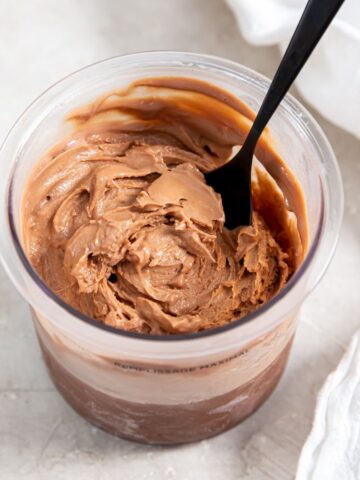What is Cortisol and how does it affects Muscular Function?
You may know that cortisol something that is secreted by the body, but why and how does this happen? If you're a professional athlete or just passionate about athletic performance you'll want learn these answers and how it affects muscular function.

What is cortisol?
Cortisol is a hormone excreted by the adrenal glands when we are under stress. The adrenal glands have two major divisions. Those two divisions are the medulla and the cortex.
The medulla is stimulated by the adrenocorticotropic hormone (ACTH) whereas Cortisol is a glucocorticoid from the adrenal gland's cortex.
Cortisol is a catabolic hormone. This means it will attempt to breakdown proteins to support glucose synthesis. Cortisol will have a huge effect on our bodies.
The presence of this hormone will affect us on many levels and in different ways. One topic often not talked about enough is the effect of cortisol on resistance training results. We will discuss this later in relation to muscular growth and function.
High cortisol level symptoms
Let's first take a look at the signs and symptoms someone may see if they have high cortisol levels. According to Adrenalfatigue.org symptoms may include:
- excess weight gain in the stomach
- weight gain and rounding of the face
- thinning skin
- muscle weakness
- elevated blood pressure
- easy bruising
- flushed face
- headache
- slowed healing
- severe fatigue
- irritability
- acne
- difficulty concentrating

Reducing Cortisol
Knowing the negative effects of high levels of cortisol, we will look at ways to reduce high levels. This will get us back to feeling good again.
Because cortisol is a stress hormone, we will look to address how we deal with stress. Stress comes into our lives in many forms. Although stressful times are something we all have to deal with, it is how we handle these challenges that will have the greatest impact on our day to day lives.
Ways to reduce cortisol
- One method we can use to help us control our stress better is to meditate. Meditation has been shown to help reduce anxiety and depression and has been used by many to help reduce stress. The best thing about this form of stress reduction is that meditation is easy and free! When compared to other forms of stress reduction, meditation is also very convenient as it can be done throughout the day in many forms. As shown by the National Center for Complementary and Integrative Health, the positive effects of mindfulness-based meditation are something we can look forward to continuing to learn about.
- Exercise is another proven way shown to help reduce stress. Some people may question how getting our blood pumping and our heart rate up can lead to stress relief. However, the American Psychological Association states that even though stress initially spikes cortisol levels, people see a reduction in stress levels after bouts of exercise. The American Psychological Association also states that research since the 1980's points to exercise increasing concentration of norepinephrine in brain regions involved in stress response.
Cortisol and muscular function
Finally, when discussing the effects of cortisol, we tend to forget the negative effects it can have on muscle growth. Often times we are taught to get results we have to very hard and the rest will take care of itself.
Oftentimes lowering cortisol is not discussed enough when we talk about how to better our results from our workouts. Cortisol exerts catabolic effects on amino acids, converting them to carbohydrates.
Due to their catabolic nature, we will see protein synthesis inhibited when cortisol levels are too high. Because of this protein production will be hindered.
According to the National Strength and Conditioning Association, we see in situations where someone has an injury, a disease, or joint immobilization, the elevation of cortisol will lead to protein loss in contractile protein.
With contractile protein loss, we can expect to see the loss of force production. Loss in force production means we are losing strength and power.

How does cortisol affect resistance training?
According to the National Strength and Conditioning Association, we see the greatest increase in cortisol when individuals perform high repetitions with small rest periods. This may seem concerning, but we can adapt to this change in cortisol.
It is believed that our bodies adapt and maintain normal testosterone levels with training. Our bodies respond to exercises that produce high catabolic responses by producing a high growth hormone response. Even though cortisol has catabolic effects, its presence is needed acutely for muscle remodeling.
Again we see cortisol can help support our bodies, but high levels of cortisol can be detrimental. Chronic cortisol may play a big role when examining overtraining or detraining. Injury can also be a concern when we see muscle atrophy or decreases in force production due to stress.
We also know cortisol suppresses cells of the immune system. This will affect resistance training adaptation. The last thing we want is for our hard work to be minimized by stress. We now know to focus on stress reduction to get the best results from resistance training.
Want to be emailed when a recipe or post goes live? Sign up to my newsletter
Check out my online nutrition services page if you want to get individualized labs.






Leave a Reply